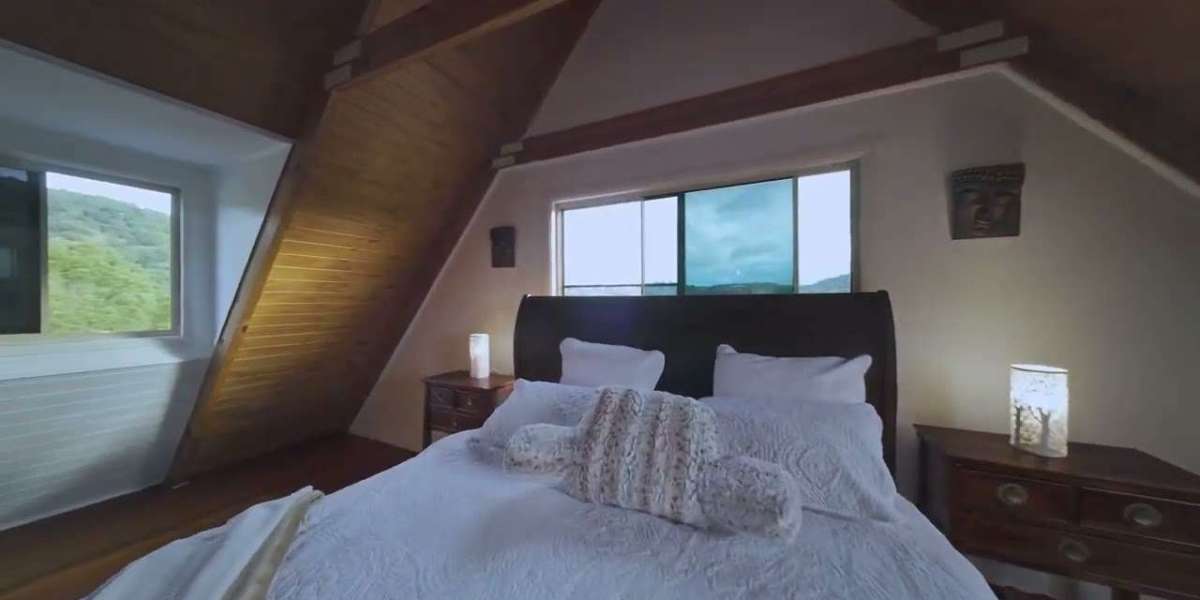Creating the perfect movie night starts long before you hit play. Whether you're a DIY enthusiast or a first-time installer, a smooth and successful home theater projector installation begins with planning. In this blog, we’ll walk you through the ultimate checklist to make sure your installation is efficient, safe, and set up for the best possible viewing experience.
Why a Checklist Is Essential
Before diving into cables, mounts, and HDMI ports, it's crucial to assess your space and equipment needs. Skipping steps or misjudging your projector's requirements can lead to poor image quality, misaligned mounts, and wasted time.
This checklist ensures that your home theater projector installation goes off without a hitch—saving you headaches later.
1. Define Your Project Goals
Before anything else, ask:
Is this a permanent or temporary setup?
Will this be a dedicated theater room or a multi-purpose space?
Are you integrating a surround sound system?
Your answers will shape the installation approach—from projector placement to wiring choices.
2. Measure Your Room Dimensions
Accurate room measurements are critical. Record:
Room length, width, and height
Distance from screen wall to seating
Distance from screen wall to projector mount point
These measurements affect projector throw distance, screen size, and audio layout—all essential for proper home theater projector installation.
3. Choose the Right Projector
Not all projectors are created equal. Consider:
Throw ratio: Short throw vs. long throw
Resolution: 1080p, 4K, or 8K
Lumens: Brightness appropriate for your room’s lighting
Connectivity: HDMI, Wi-Fi, Bluetooth, etc.
Match your projector’s specs to your room and viewing needs.
4. Use a Projector Distance Calculator
This tool is a lifesaver. It helps you determine:
Optimal mounting distance from the screen
Ideal image size for your space
Whether your projector and screen are compatible
Using a calculator prevents one of the most common home theater projector installation mistakes: placing the projector too far or too close.
5. Select Your Screen Type and Size
Don’t overlook the screen—it’s half the picture. Choose from:
Fixed-frame or motorized screens
Matte white, grey, or ambient light-rejecting surfaces
Sizes that match your projector’s capabilities and your seating distance
A mismatch between projector and screen size leads to resolution waste or image cutoff.
6. Decide on Mounting Type and Location
You’ll need to choose between:
Ceiling mounts (most popular)
Wall mounts
Shelf/back-of-room mounting
Check that your mount is:
Compatible with your projector’s weight and size
Able to adjust tilt and rotation for alignment
Installed into studs or with proper anchors
Accurate mounting is key to a secure and effective home theater projector installation.
7. Ensure Proper Power Access
Avoid running extension cords across the room. Instead:
Install a dedicated outlet near the projector mount point
Use surge protectors to protect your equipment
Plan wiring paths for clean cable management
Power access issues can delay your project or create long-term hazards.
8. Prepare AV Cables and Connections
Make a list of all needed connections:
HDMI (2.0 or 2.1 for 4K/8K content)
Audio (optical, RCA, or ARC)
Ethernet (for smart projectors)
Control (IR extenders, RS-232)
Test all cables before running them through walls or ceilings.
9. Plan Cable Management and Concealment
No one wants a tangle of wires on display. Plan:
In-wall conduits for HDMI and power cables
Cable raceways or covers
Labeling at both ends of each cable
Clean cable management not only looks better but also supports long-term maintenance of your home theater projector installation.
10. Optimize Room Lighting
Ambient light can wash out even the best projectors. Check for:
Windows—use blackout curtains
Recessed or dimmable lighting
Smart lighting integration for scene control
Controlling light levels ensures better contrast and immersion.
11. Set Up Your Audio System
Plan your speaker layout:
5.1, 7.1, or Atmos
In-wall vs. floor-standing speakers
Subwoofer placement
Make sure audio cabling is run before finalizing wall/ceiling finishes.
12. Have the Right Tools on Hand
Before installation day, gather:
Power drill and bits
Stud finder
Laser level
Screwdrivers and anchors
Fish tape for in-wall cable runs
Tape measure and projector manual
This toolkit helps avoid unnecessary trips mid-install.
13. Test Everything Before Final Mounting
Always test your full setup on a temporary mount or surface:
Projector power and focus
Screen alignment and size
Audio output and sync
Remote or app control
Testing ensures no surprises after final mounting and concealment.
14. Plan for Ventilation and Cooling
Projectors generate heat. Be sure to:
Leave space around vents
Avoid enclosing in unventilated cabinets
Consider adding a quiet fan for enclosed spaces
Overheating can shorten your projector’s lifespan.
15. Prepare for Future Upgrades
Technology evolves. Plan ahead by:
Running extra conduits for future cables
Using modular wall plates
Choosing an adjustable ceiling mount
Your home theater projector installation will stay flexible for years to come.
Conclusion
Installing a projector isn't just about mounting hardware—it's a thoughtful process that requires preparation, planning, and precision. By following this ultimate checklist, you’ll ensure that your home theater projector installation is efficient, high-performing, and built to last.
Whether you're setting up your first projector or upgrading your home theater, this guide helps you lay the foundation for a cinema-quality experience right at home.
Read more: https://theomnibuzz.com/diy-home-theater-projector-installation--a-beginner-s-guide







